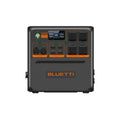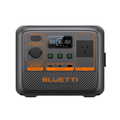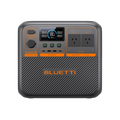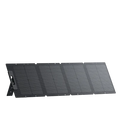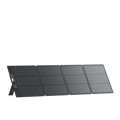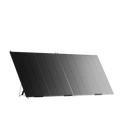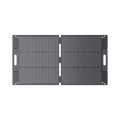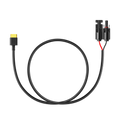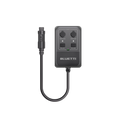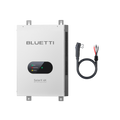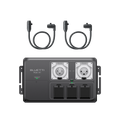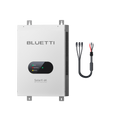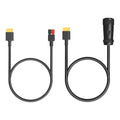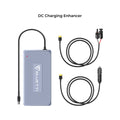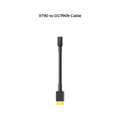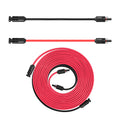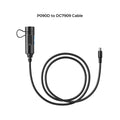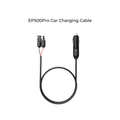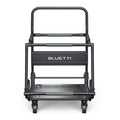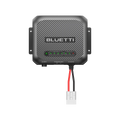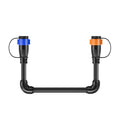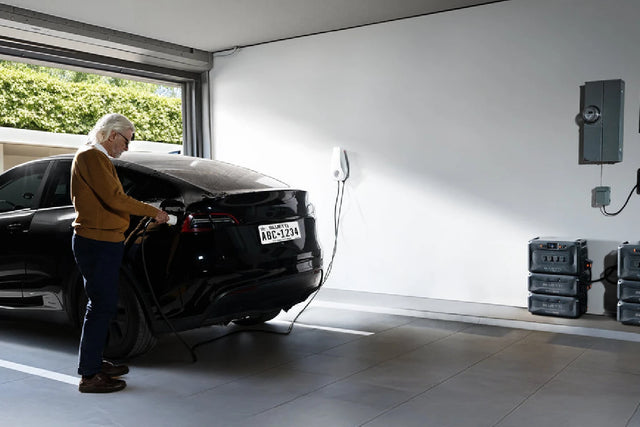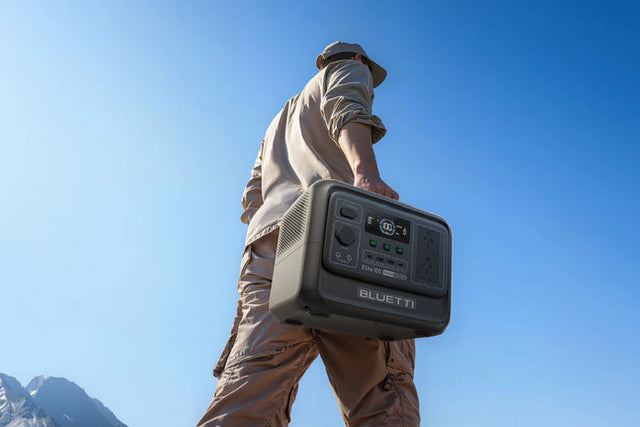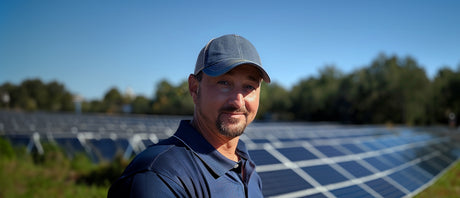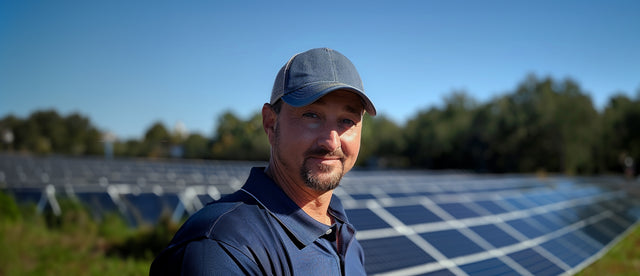With the rising costs of energy and the increasing concern for the environment, more and more people are turning to solar energy as a clean and sustainable alternative. And if you are a resident of New South Wales, Australia, you may be wondering how you can take advantage of the best solar rebate and incentives for solar panels and batteries. This guide aims to provide you with all the necessary information to help you make an informed decision about going solar in NSW. Whether you are a homeowner, business owner, or simply interested in reducing your carbon footprint, this article will cover the various rebates and incentives available in NSW and why it is important to take advantage of them. So, let's dive in and explore the best solar rebate and incentive guide for solar panels and batteries in NSW, Australia.
National Solar Rebates
What are Solar Rebates and Incentives?Solar energy has become a popular and viable renewable energy source for homeowners in New South Wales, Australia. With the rising cost of electricity bills and the need for sustainable energy, many households are turning to solar panels and batteries to power their homes. In order to encourage the adoption of solar energy, the government offers various rebates and incentives to make the transition more affordable. These rebates and incentives can significantly reduce the overall cost of installing a solar system, making it a more accessible option for households across the country.
Types of Rebates and Incentives
There are two main types of rebates and incentives available for solar panel and battery installations in NSW - federal and state-based. The federal government offers a renewable energy target (RET) scheme, while the state government provides the Solar Bonus Scheme and the Small-scale Technology Certificates (STC) rebate. Additionally, some local councils in NSW may also offer their own rebates and incentives to support the transition to renewable energy.
The Renewable Energy Target (RET) Scheme
The RET scheme is a federal government initiative that aims to increase the use of renewable energy sources and reduce greenhouse gas emissions. Under this scheme, homeowners who install solar panels and batteries can earn Small-scale Technology Certificates (STCs) for the energy they generate. These STCs can then be sold or traded to electricity retailers, providing financial incentives for households to switch to solar energy.
The Solar Bonus Scheme
The Solar Bonus Scheme is a state-based program that offers a feed-in tariff for households that generate excess solar energy. This means that any excess energy produced by the solar panels can be sold back to the grid at a premium rate, providing households with additional savings on their electricity bills.
The Small-scale Technology Certificates (STCs) Rebate
The STCs rebate is a federal government initiative that provides a financial incentive to households that install small-scale renewable energy systems, including solar panels and batteries. Under this scheme, homeowners can claim a set amount of STCs depending on the size and type of their solar system. These STCs can then be sold or traded to help offset the cost of the solar system.
Local Council Rebates
Some local councils in NSW may also offer their own rebates and incentives for solar panel and battery installations. These rebates can vary, but they may include discounts on the cost of a solar system or additional STCs to help reduce the overall cost.
The Importance of National Solar Rebates
The availability of national solar rebates and incentives has been a game-changer for many households in NSW. These initiatives make solar energy more affordable and accessible, allowing more families to make the switch to renewable energy and reduce their carbon footprint. The financial benefits of these rebates and incentives also provide an immediate return on investment for homeowners, making it a smart and sustainable choice.
the national solar rebates and incentives available in NSW make it the perfect time for households to consider switching to solar energy. These initiatives not only provide financial benefits for homeowners but also contribute to a more sustainable future for our planet. With the rising cost of electricity and the need for renewable energy, it is clear that solar panel and battery installations are a smart and worthwhile investment for any household in Australia.

Calculating the Rebate:
One of the biggest incentives for investing in solar panels and battery systems in New South Wales (NSW), Australia is the generous rebate provided by the state government. This rebate, known as the Solar Homes Package, is applicable for both residential and small business properties and aims to make renewable energy more accessible and affordable for all.
The amount of rebate that one can receive depends on various factors such as the type of system installed, the location of the property, and the eligibility criteria set by the government. Let's take a closer look at how the rebate is calculated to determine the estimated savings that one can expect.
Type of System:
The first step in calculating the rebate is to identify the type of system that is being installed. In NSW, there are two main types of systems eligible for the Solar Homes Package - solar panel systems and solar battery systems. Both of these systems have their own specific rebate amounts, which can be further impacted by the size and capacity of the system.
For solar panel systems, the rebate amount is based on the number of Small-scale Technology Certificates (STCs) that the system is eligible for. STCs are a form of digital currency that can be traded on the market, and the government offers a certain amount for each unit of electricity produced by the system over a period of 10 years. The number of STCs depends on the size of the system and the location of the property, with more STCs for larger systems and properties in regions with lower electricity generation capacity.
For solar battery systems, the rebate is provided as a lump sum based on the kilowatt-hour (kWh) capacity of the battery. The higher the capacity, the higher the rebate amount. It's important to note that only batteries that are installed in conjunction with solar panel systems are eligible for the rebate.
Location of Property:
The location of the property plays a crucial role in determining the rebate amount. Different regions in NSW may have different levels of solar radiation, which directly impacts the amount of electricity that can be generated by the solar panels. Areas with higher solar radiation will have a higher STC value, and thus, a higher rebate amount. This is why it's important to consider the location of the property when estimating the rebate.
Eligibility Criteria:
The eligibility criteria for the Solar Homes Package are set by the NSW government and are subject to change. Currently, to be eligible for the rebate, the property must meet the following criteria:
- The solar panel or battery system must be installed by a certified installer
- The system must be new and not previously installed or used
- The property must have a valid Australian Business Number (ABN) or have a household income of less than $180,000 per year
- The system must be installed on or after the date specified by the government
It's important to note that these criteria may change in the future, so it's best to check the current eligibility requirements before making any plans for installing a solar panel or battery system.
Calculating the Savings:
Once all the factors have been taken into consideration, the rebate amount can be calculated. For example, let's say a household in NSW installs a 6.6kW solar panel system in a region with a high solar radiation level. The estimated STCs for this system would be around 100, which translates to a rebate of $3,000. If this same household also installs a 6kWh battery, the estimated rebate amount would be around $3,000 as well, bringing the total rebate to $6,000.
It's important to note that the rebate is a one-time payment and does not cover the full cost of the system. However, it does significantly reduce the initial investment and can provide long-term savings on electricity bills. With careful consideration of all the factors and eligibility criteria, homeowners and small businesses in NSW can estimate their potential savings through the Solar Homes Package and make informed decisions about investing in renewable energy.
the rebate provided by the NSW government is a significant incentive for investing in solar panel and battery systems. By understanding and calculating the rebate amount, individuals and businesses can estimate their potential savings and take a step towards a more sustainable future.

Eligibility Criteria
In order to take advantage of the solar rebates and incentives available in NSW, Australia, there are certain eligibility criteria that individuals and businesses must meet. These criteria are set by the government and aim to ensure that the rebates and incentives are being used in a responsible and efficient manner.
Residential Eligibility: To be eligible for solar rebates and incentives as a residential customer, you must meet the following criteria:
- You must be the owner of the property where the solar panels and battery will be installed.
- Your property must be a standalone home, townhouse or apartment.
- You must have a solar system with a maximum capacity of 10kW.
- The solar panels and battery must be new and not previously installed on any other property.
- The solar system must be installed by a Clean Energy Council (CEC) accredited installer.
- Your property must not already have received a solar rebate or incentive in the past.
Commercial Eligibility: To be eligible for solar rebates and incentives as a commercial customer, you must meet the following criteria:
- You must be the owner of the business or commercial property.
- Your business must be a small to medium enterprise (SME) with an annual turnover of less than $50 million.
- Your solar system must have a capacity of less than 100kW.
- The solar panels and battery must be new and not previously installed on any other property.
- The solar system must be installed by a CEC accredited installer.
- Your property must not have received a solar rebate or incentive in the past.
Additionally, both residential and commercial customers must also meet the following criteria:
- The solar system must be connected to the grid and compliant with the Australian Standards.
- The solar panels and battery must be approved by the Clean Energy Council and listed on their product list.
- The installation must comply with all relevant state and local laws and regulations.
- The solar system must be installed in a location that receives adequate sunlight and is not shaded by trees or buildings.
It is important to note that eligibility criteria may vary depending on the specific rebate or incentive program you are applying for. It is advisable to check the eligibility requirements of each program before making any commitments.
in order to take advantage of the solar rebates and incentives available in NSW, Australia, individuals and businesses must meet certain eligibility criteria. These criteria aim to ensure that the rebates and incentives are being used efficiently and responsibly. It is important to carefully review the eligibility requirements of each program before proceeding with the installation of your solar system.
New South Wales Solar Rebates
New South Wales (NSW) offers various rebates and incentives to encourage the use of solar panels and batteries in households and businesses. These rebates and incentives not only help reduce the initial cost of installing solar systems but also contribute to a cleaner and more sustainable environment. In this article, we will provide a comprehensive guide to the best solar rebates and incentives available in NSW, Australia.Solar Homes and Communities Plan
The NSW Government's Solar Homes and Communities Plan is designed to make solar energy more accessible and affordable for households and communities. This plan offers two main incentives for households - the Solar for Low Income Households Program and the Solar for Small Businesses Program.
The Solar for Low Income Households Program provides eligible low-income households with a rebate of up to $2,225 for the installation of a solar system. This program aims to help low-income households reduce their electricity bills and make the switch to renewable energy.
The Solar for Small Businesses Program offers eligible small businesses with a rebate of up to $2,225 for the installation of a solar system. This program aims to help small businesses reduce their energy costs and improve their energy efficiency.
Solar Homes and Communities Plan - Regional and Remote Communities
In addition to the Solar Homes and Communities Plan, the NSW Government also offers specific incentives for households and businesses in regional and remote communities. These incentives are designed to support these communities in their transition to renewable energy.
The Regional and Remote Communities Solar Program provides eligible households and businesses in regional and remote communities with a rebate of up to $2,225 for the installation of a solar system. This program aims to help these communities reduce their energy costs and build resilience against future energy price rises.
Small-scale Technology Certificates (STCs)
STCs are a form of government incentive for solar systems under 100kW. They are created when a new solar system is installed and can be traded for cash or used to reduce the upfront cost of a solar system.
The number of STCs a solar system is eligible for depends on its size, location, and the amount of renewable electricity it is expected to generate over its lifetime. The current price of STCs in NSW is around $37 per certificate, which can significantly reduce the cost of installing a solar system.
Solar Feed-in Tariff
The solar feed-in tariff in NSW is a credit that households and businesses receive for the excess electricity their solar system feeds back into the grid. The current feed-in tariff rate in NSW is 7.5 cents per kWh, which means that for every kWh of excess electricity exported to the grid, households and businesses will receive a credit of 7.5 cents on their electricity bill.
Solar Battery Rebate
The NSW Government also offers a rebate of up to $3,000 for the installation of a solar battery system for households. This rebate aims to support households in storing excess solar energy and using it during peak times or in case of a power outage.
there are various rebates and incentives available in NSW to support households and businesses in their transition to solar energy. These incentives not only help reduce the initial cost of installing solar systems but also contribute to a more sustainable and resilient future. We encourage all households and businesses in NSW to take advantage of these incentives and make the switch to renewable energy.

NSW Home Battery Scheme
The NSW Home Battery Scheme is a state government initiative designed to encourage households in New South Wales, Australia to install solar battery systems. This program is part of the state's commitment to reducing carbon emissions and promoting sustainable energy practices. The scheme provides rebates and incentives to homeowners who install eligible solar battery systems, making it easier and more affordable for households to transition to renewable energy.Eligibility for the Scheme
To be eligible for the NSW Home Battery Scheme, homeowners must meet certain criteria. They must have a residential property in New South Wales and not currently receive any government solar rebates or incentives. The scheme is open to both owner-occupied and rental properties, making it accessible to a wide range of households. However, properties that have already received battery rebates through NSW or Commonwealth programs are not eligible.
How Does It Work?
Under the NSW Home Battery Scheme, homeowners can receive a subsidy of up to $9,000 to install an eligible solar battery system. The amount of the rebate depends on the size of the battery and how much energy it can store. Homeowners can also receive an interest-free loan of up to $14,000 to cover the remaining cost of the battery and installation. This loan can be repaid over a period of up to 10 years through their electricity bill.Eligible Battery Systems
Not all solar battery systems are eligible for the NSW Home Battery Scheme. To receive the rebate and loan, homeowners must install a battery system that is on the scheme's approved product list. These products have been tested and approved by the NSW government to ensure they meet safety, performance, and reliability standards. Homeowners should check the list before purchasing a battery system to ensure they are eligible for the scheme.
Additional Incentives
In addition to the rebate and loan, homeowners in New South Wales can also benefit from other incentives when installing a solar battery system. The federal government's Small-scale Technology Certificates (STCs) can provide financial support for solar battery installations, as well as solar panels. STCs are created when a household installs a renewable energy system and can be exchanged for a financial benefit.Moreover, homeowners can take advantage of the NSW Solar Bonus Scheme, which offers a feed-in tariff for excess energy generated by solar panels. This means that homeowners can earn money by selling their excess energy back to the grid. This can further offset the cost of installing a solar battery system and make it a more financially viable option.
The Benefits of Solar Batteries
There are several benefits to installing a solar battery system in your home. One of the main advantages is that it allows households to store their excess solar energy for use at a later time, reducing their reliance on the grid. This can result in significant cost savings on electricity bills. Solar batteries also provide backup power in case of a blackout, ensuring that essential appliances and devices continue to function.
Furthermore, by using solar batteries, households can reduce their carbon footprint and contribute to the fight against climate change. As solar energy is a renewable and clean source of energy, it helps to decrease the reliance on fossil fuels, which are harmful to the environment. By participating in the NSW Home Battery Scheme, homeowners can play a part in creating a more sustainable future for their community and beyond.
the NSW Home Battery Scheme is an excellent opportunity for homeowners in New South Wales to make the switch to renewable energy and take advantage of the many benefits it offers. The scheme provides significant financial support through rebates and loans, and homeowners can also benefit from other incentives. By installing a solar battery system through the scheme, households can save money on their electricity bills, have a backup power source, and contribute to a more sustainable future. So, if you're a homeowner in NSW, now is the time to consider installing a solar battery system and reap the benefits of the state's generous incentives.
Incentives Offered by the NSW Home Battery Scheme
The NSW Home Battery Scheme is a government initiative aimed at encouraging households to switch to sustainable energy sources by providing incentives for the installation of solar panel systems and batteries. One of the key incentives offered by the scheme is the interest-free loans for homeowners living in specific postcodes in NSW. These loans are designed to make the installation of solar battery systems more affordable and accessible for households, ultimately reducing the reliance on traditional energy sources and decreasing carbon emissions. Let’s take a closer look at the details of this incentive and how it can benefit homeowners in NSW.The interest-free loans offered by the NSW Home Battery Scheme are available for homes located in eligible postcodes across NSW. These postcodes have been identified as areas with the highest electricity prices, therefore, making it more challenging for households to switch to solar energy without financial assistance. The loans are available for up to $14,000, which can cover a significant portion of the cost of a solar battery system installation. This means that homeowners can take advantage of this opportunity to switch to renewable energy without having to worry about the immediate financial burden.
One of the most significant advantages of the interest-free loan is that it does not require any upfront payment. This is a major relief for homeowners as the cost of solar battery systems can be quite high. With this incentive, homeowners do not need to save up for years or take out a loan with high-interest rates to afford the installation of a solar battery system. The interest-free loans are also not means-tested, which means that all eligible homeowners can take advantage of this opportunity, regardless of their income or financial situation.
Another essential aspect of the interest-free loans is that they are repayable over a period of up to 10 years. This makes it more manageable for homeowners to pay back the loan in smaller, more affordable installments. Plus, with the savings on electricity bills from using solar energy, homeowners can use the money towards the loan repayments, making it even more feasible to pay off the loan without causing any financial strain.
It is also worth noting that the interest-free loans are only available for the purchase of approved solar battery systems and associated hardware. This means that homeowners must choose from a list of approved products and installers to be eligible for the incentive. By doing so, the NSW government ensures that homeowners are investing in high-quality and reliable solar battery systems that will provide long-term benefits.
In addition to the interest-free loans, the NSW Home Battery Scheme also offers a rebate of up to $3,000 for eligible homeowners. This rebate is available for the first 300 batteries sold in each eligible postcodes. This means that eligible homeowners who are unable to take advantage of the interest-free loans can still receive financial assistance through the rebate to make the switch to solar energy.
the incentives offered by the NSW Home Battery Scheme make it easier and more affordable for homeowners to invest in solar battery systems. The interest-free loans and rebate available for eligible homeowners in specific postcodes in NSW provide financial assistance and ultimately encourage the transition to renewable energy. By taking advantage of these incentives, homeowners can benefit from significant savings on electricity bills and contribute to a more sustainable future for NSW and Australia as a whole.
1. What type of solar rebates and incentives are currently available for solar panel and battery installations in NSW, Australia?
In NSW, Australia, there are a variety of solar rebates and incentives available for solar panel and battery installations. These incentives are offered by both the state and federal governments to encourage the use of renewable energy and help reduce energy costs for households and businesses.
One of the most popular rebates in NSW is the Small-scale Technology Certificates (STCs) scheme. This is a federal government initiative that provides financial assistance to eligible solar panel and battery systems. The amount of STCs received depends on the size and location of the system, as well as the market price for STCs.
In addition to the STCs, the NSW government also offers the Solar for Low Income Households program, which provides a rebate of up to $2,200 for eligible low-income households to install a solar PV system. There is also the Empowering Homes program, which offers interest-free loans for solar and battery installations for low-income households and interest-free loans for batteries for all households.
Other available incentives include the Solar Feed-in Tariff, which allows households and businesses to receive a credit on their energy bill for excess energy generated by their solar system. There are also tax incentives for small businesses and the Energy Savings Scheme, which provides discounts on energy-efficient appliances and installations.
there are various solar rebates and incentives available in NSW, Australia, making it an attractive location for solar panel and battery installations. These incentives not only help reduce energy costs, but also contribute to a cleaner and more sustainable future.
2. Am I eligible for any federal or state government solar rebates or incentives in NSW, Australia?
To determine if you are eligible for any federal or state government solar rebates or incentives in NSW, Australia, you will need to meet certain criteria set by the government. Firstly, you must be a resident of NSW and own the property where the solar panels and batteries will be installed. Additionally, your solar system must be installed by a Clean Energy Council (CEC) accredited installer and meet the required standards. The size of your solar system also plays a role as most rebates and incentives have a maximum capacity limit. It is important to note that these schemes are subject to change and may have varying eligibility requirements. It is recommended to check with your local government or reputable solar companies for up-to-date information and assistance in determining your eligibility.
3. How much can I expect to save on my solar panel and battery installation through these rebates and incentives?
The amount you can save on your solar panel and battery installation through rebates and incentives in NSW, Australia varies depending on several factors such as the size of your system, location, and eligibility criteria. On average, homeowners in NSW can save up to 30-50% on their solar panel and battery installation costs through government rebates and incentives. This includes the Small-scale Technology Certificates (STCs) and the federal government's Solar Homes and Communities Plan rebate, which provide financial support for solar panel installations. Additionally, some state-specific incentives such as the Empowering Homes program and the Home Energy Emergency Assistance Scheme can also contribute towards further savings on your solar panel and battery installation. It is important to research and understand the different rebates and incentives available to ensure you can maximize your savings. Therefore, with these rebates and incentives, you can expect to save a significant amount on your solar panel and battery installation in NSW.
4. Are there any specific requirements or criteria I need to meet in order to qualify for these rebates and incentives?
Yes, in order to qualify for solar rebates and incentives in NSW, Australia, there are specific requirements and criteria that need to be met. Firstly, you must be a resident of NSW and have a valid residential address. Secondly, your solar panel and battery system must be installed by a Clean Energy Council (CEC) accredited installer. Additionally, the system must meet the requirements of the Small-scale Renewable Energy Scheme (SRES) and be on the Clean Energy Council's approved product list. Your solar panel system must also have a minimum size of 1.5 kilowatts and the battery must have a capacity of at least 3.3 kilowatt-hours. you must have a valid solar connection agreement and be connected to the electricity grid. Meeting these criteria will make you eligible for the various rebates and incentives available in NSW for solar panels and batteries.
5. Is there a deadline for applying for these rebates and incentives, and if so, when is the best time to apply?
While there is no set deadline for applying for solar rebates and incentives in NSW, it is important to know that these programs are subject to change at any time. It is best to keep an eye on the government's website or consult with a solar installer to stay updated on any potential changes or deadlines.
One important factor to consider is that these rebates and incentives often have a limited budget, meaning that once the funds have been exhausted, the program may close or reduce the amount of rebates available. This makes it crucial to apply as soon as possible to ensure you can take advantage of the full benefits.
In addition, some programs may have specific time frames for when applications are accepted. For example, the Solar Homes and Communities Plan in NSW has quarterly application periods, so it is important to plan accordingly and apply during these specified times.
the best time to apply for these rebates and incentives is as soon as you have made the decision to install solar panels and/or batteries. This will give you the best chance of securing the full benefits and avoiding any potential changes or closures to the programs.
the New South Wales (NSW) government offers a range of rebates and incentives to encourage the adoption of solar panels and batteries in households and businesses. These incentives not only make solar more affordable but also help reduce electricity bills and contribute towards a greener future.
The Solar Bonus Scheme offers eligible households and small businesses a feed-in tariff for excess solar energy exported back to the grid. This can help offset the cost of installing a solar system and provide ongoing savings.
The Small-scale Technology Certificates (STCs) rebate is a federal government scheme that can significantly reduce the upfront cost of installing a solar system. The number of STCs earned depends on the size and location of the solar system, making it a great incentive for smaller systems.
The Home Battery Scheme offers a rebate of up to $9,000 for eligible households who install a new battery with their solar system. This can help store excess solar energy for use at night, further reducing electricity bills and increasing self-consumption of solar energy.
For businesses, the Energy Saver Scheme provides financial incentives for implementing energy-saving measures, including solar panels and batteries. This can help reduce operating costs and improve sustainability.
Furthermore, households and businesses can take advantage of low-interest loans from the NSW government to help finance the installation of solar systems and batteries. These loans offer competitive interest rates and flexible repayment options.
It is important to note that these rebates and incentives may change over time, so it is best to check the eligibility criteria and application process regularly. Additionally, working with a reputable solar installer can help ensure that you are maximizing the benefits of these programs.
In summary, the rebates and incentives offered by the NSW government make solar panel and battery installations more accessible and affordable for households and businesses. By taking advantage of these programs, you not only save money but also contribute towards a cleaner and more sustainable future for all.
Shop products from this article
Be the First to Know
You May Also Like
For Australians exploring a sustainable future, harnessing solar power with a robust battery bank could be the perfect solution for our energy needs. Imagine tapping into the sun’s abundant energy...
For those looking to harness the sun's power and achieve true energy independence, Australia offers a treasure trove of solar battery storage options designed to meet a variety of needs....


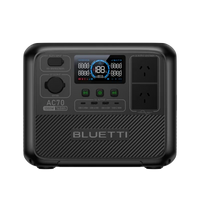
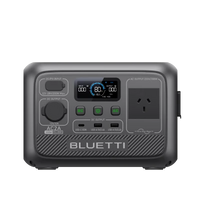
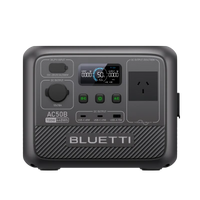

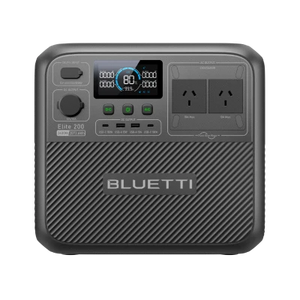
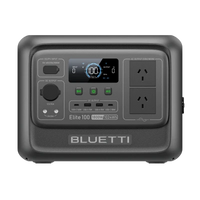
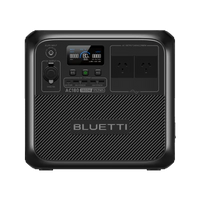
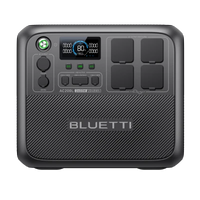
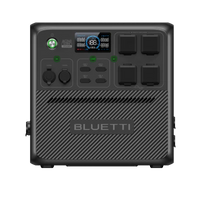
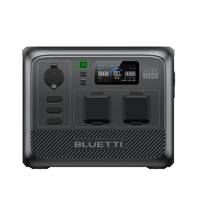
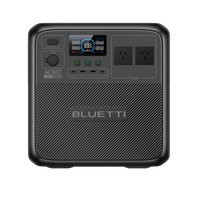


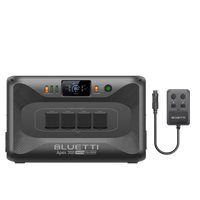

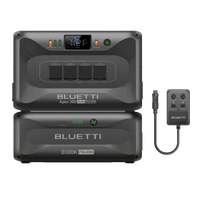
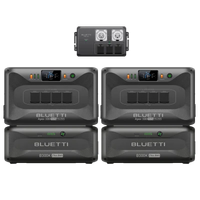
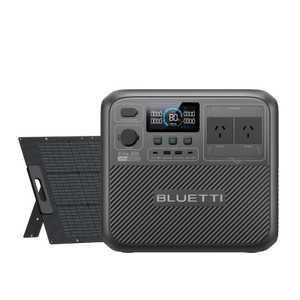
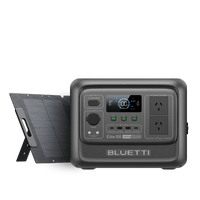
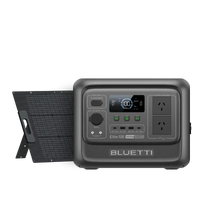
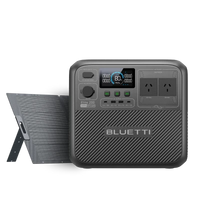
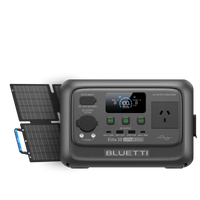
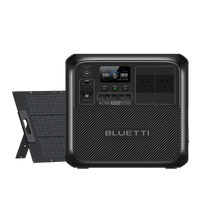
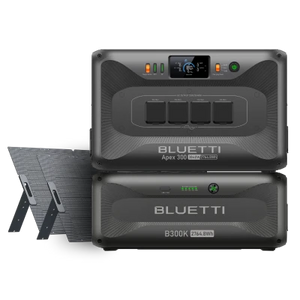
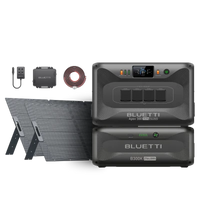
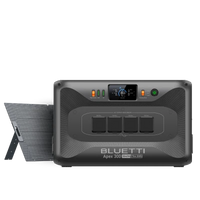
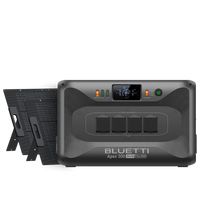
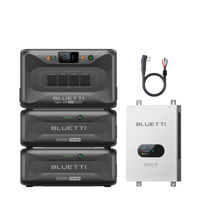

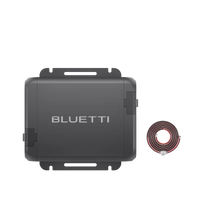
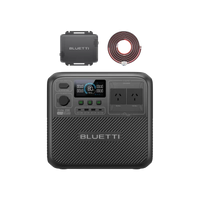
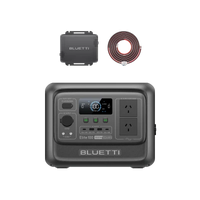
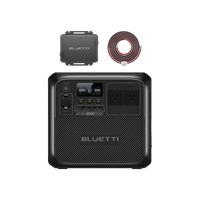
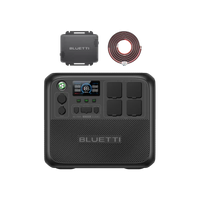
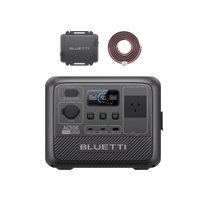
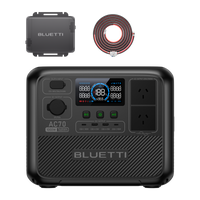


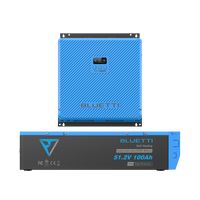
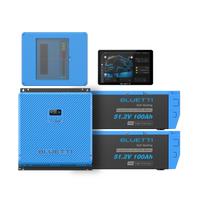
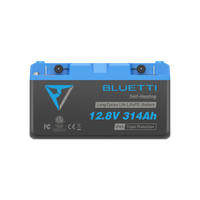
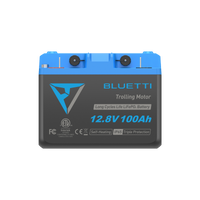
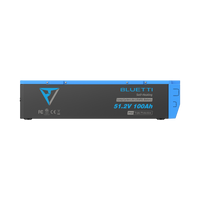
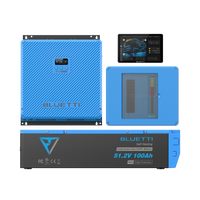
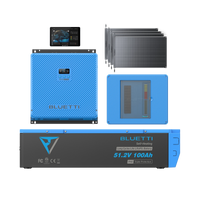
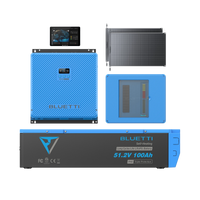
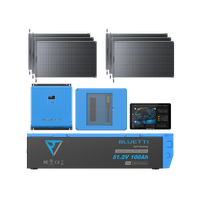
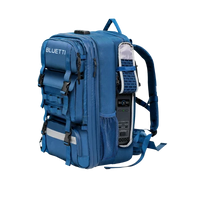
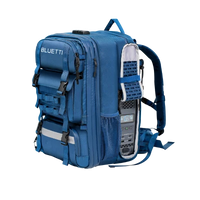

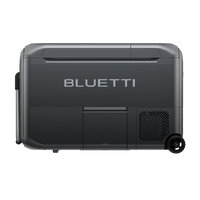
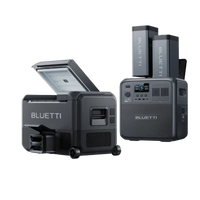
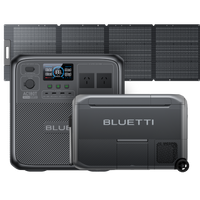
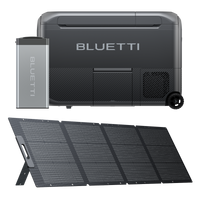
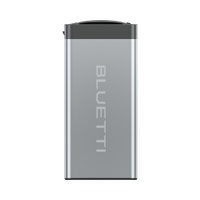
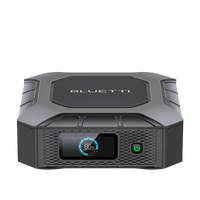
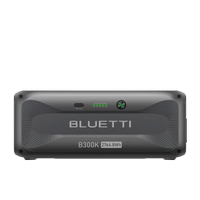

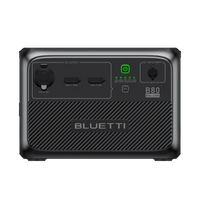
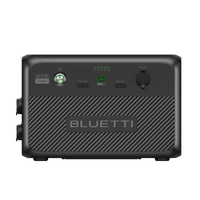

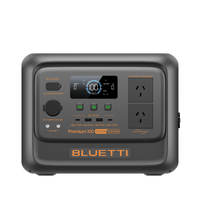
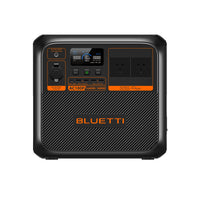

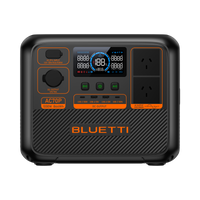
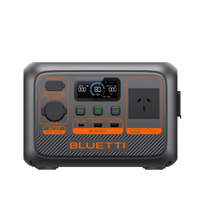
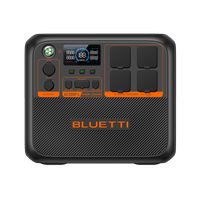
![[Phased Out] BLUETTI B80P Expansion Battery | 806Wh](http://www.bluettipower.com.au/cdn/shop/files/202310025B80P_2000-2000px_4_4caa0c1c-4dab-4272-9e9b-2b7507e5bd81.jpg?v=1713777870&width=200)
![[Phased Out] BLUETTI B210P Expansion Battery | 2,150Wh](http://www.bluettipower.com.au/cdn/shop/files/2_08cf9ef3-03a4-4489-b641-d3edb8094896.webp?v=1716016566&width=200)
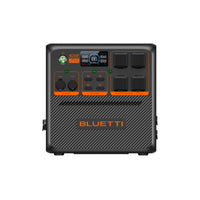
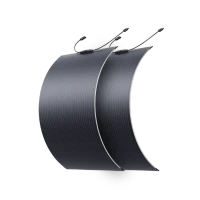
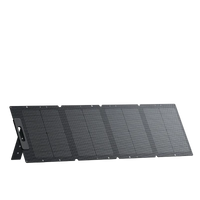
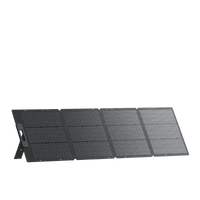
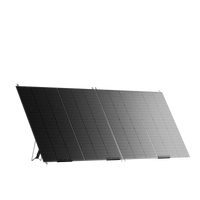

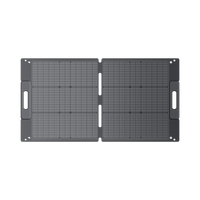

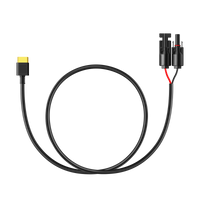
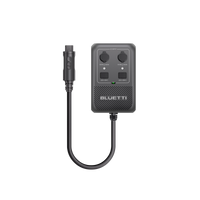
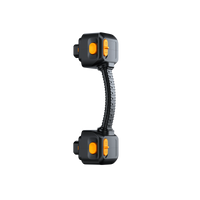
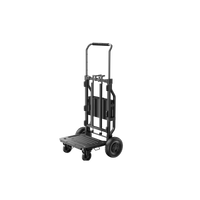
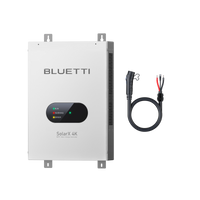
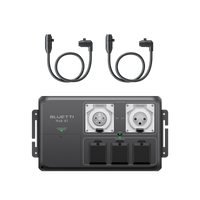
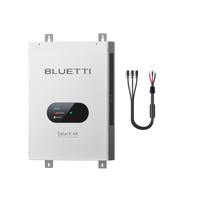
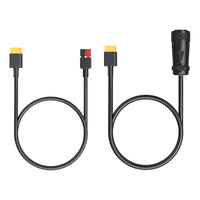
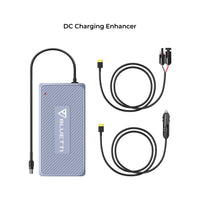

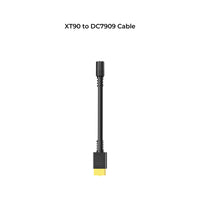
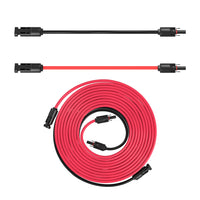
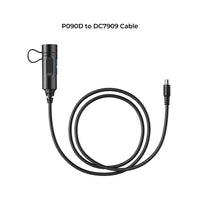
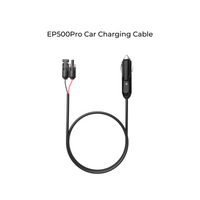
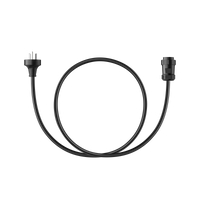
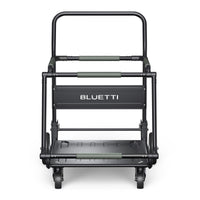
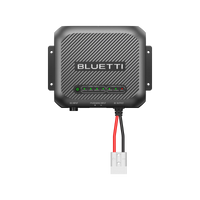
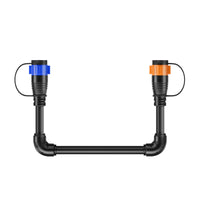



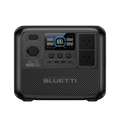
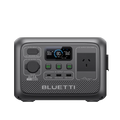
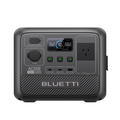


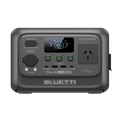
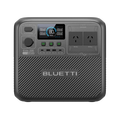
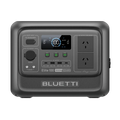
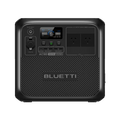
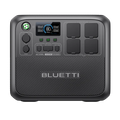
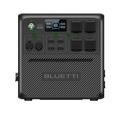
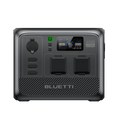
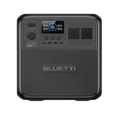


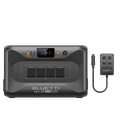

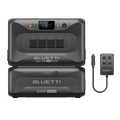
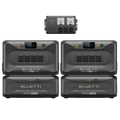




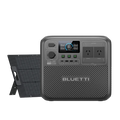
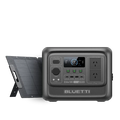
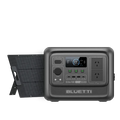
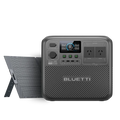
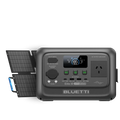
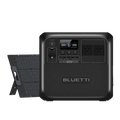
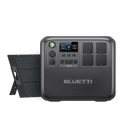
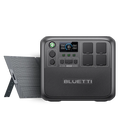




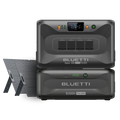
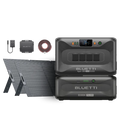
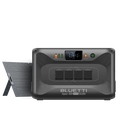
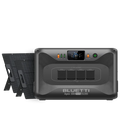
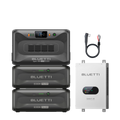

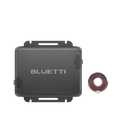
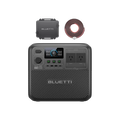
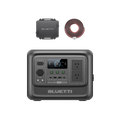
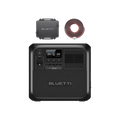
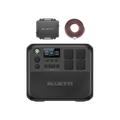
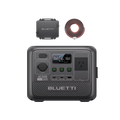
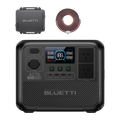
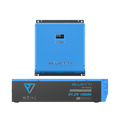
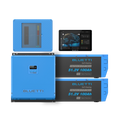
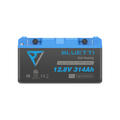
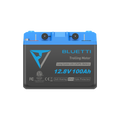

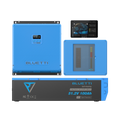
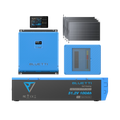
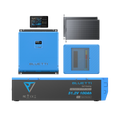
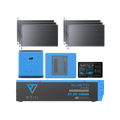
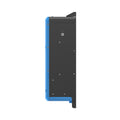



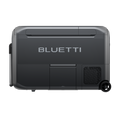
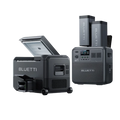
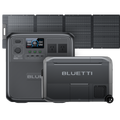
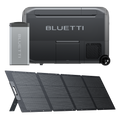
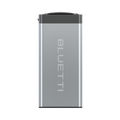
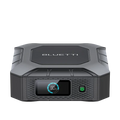
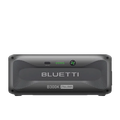

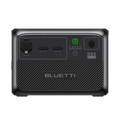
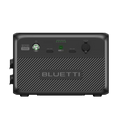
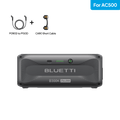
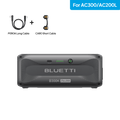
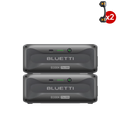
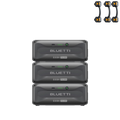




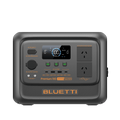
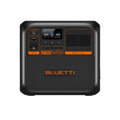

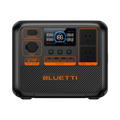
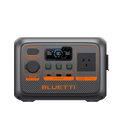
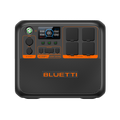
![[Phased Out] BLUETTI B80P Expansion Battery | 806Wh](http://www.bluettipower.com.au/cdn/shop/files/202310025B80P_2000-2000px_4_4caa0c1c-4dab-4272-9e9b-2b7507e5bd81.jpg?v=1713777870&width=120)
![[Phased Out] BLUETTI B210P Expansion Battery | 2,150Wh](http://www.bluettipower.com.au/cdn/shop/files/2_08cf9ef3-03a4-4489-b641-d3edb8094896.webp?v=1716016566&width=120)
